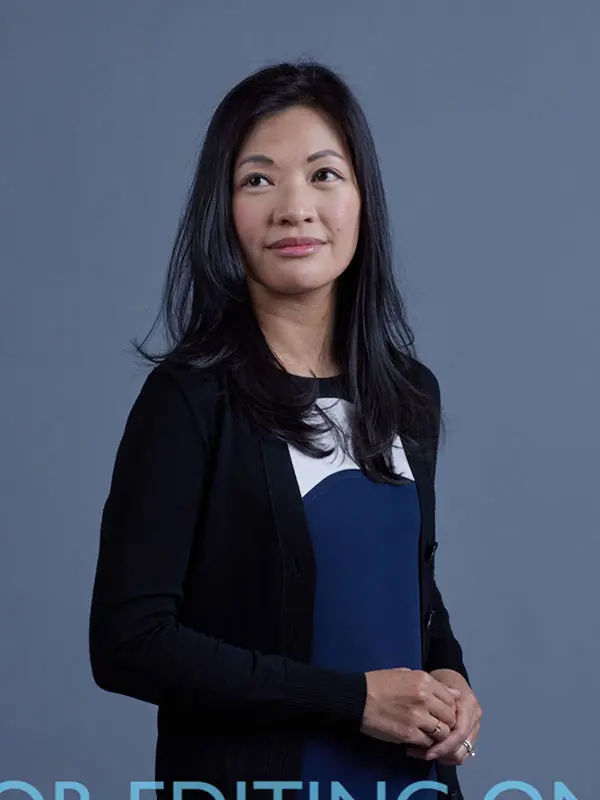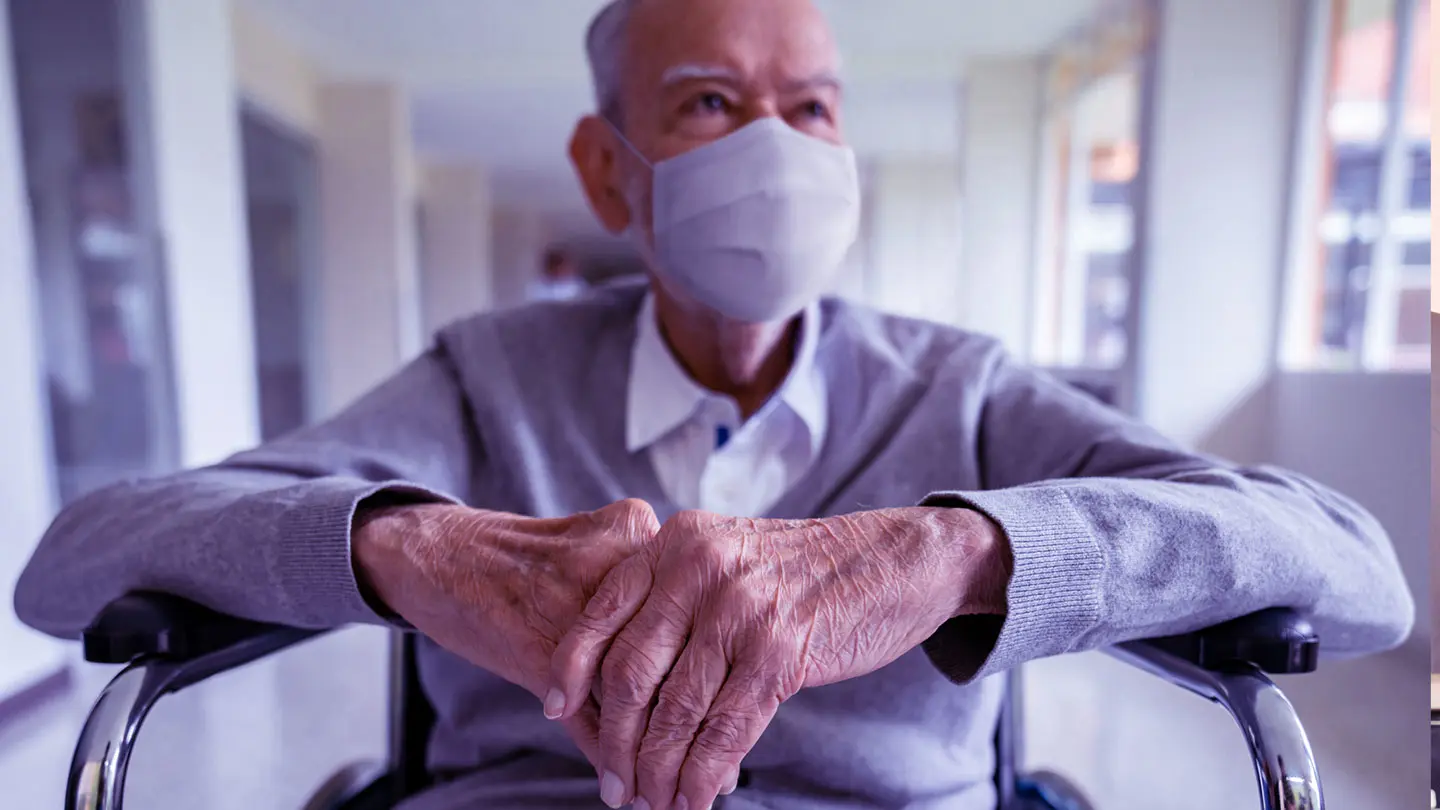Older patients with end-stage renal disease (ESRD) are at high risk of poor outcomes following the initiation of dialysis. These patients often start maintenance dialysis in the hospital, a phenomenon that is associated with longer stays, complications, discharges to nursing facilities, and functional setbacks.
Furthermore, research published in the Clinical Journal of the American Society of Nephrology suggests that in some patients, dialysis may not extend survival as compared to non-dialysis care—also called conservative management—and it may be associated with other negative outcomes that may affect quality of life, including higher treatment burden, more caregiver stress, and increased hospital admissions.
Mount Sinai clinician Holly Koncicki, MD, MS, believes earlier interventions could enhance patients’ well-being by offering them conservative management as a reasonable therapeutic alternative.
“Research shows that conservative management may be comparable to dialysis in terms of outcomes, but with a different quality of life,” says Dr. Koncicki, Associate Professor of Medicine (Nephrology) at the Icahn School of Medicine at Mount Sinai. “Given that our population is aging and more older patients are facing the decision to start dialysis, we started a renal palliative care practice to engage patients in conversations about treatment options so they make the right decision based on their needs.”
Launched in 2018, the practice offers an integrated approach to care, addressing all aspects of ESRD from early identification to the psychosocial stressors that patients experience. It is unique in that it is overseen by two physicians with dual training and certification in nephrology and palliative care medicine: Dr. Koncicki and Emily Lu, MD, Assistant Professor of Medicine (Nephrology), and Geriatrics and Palliative Care, at the Icahn School of Medicine.
"Conservative management may be comparable to dialysis in terms of outcomes, but with a different quality of life."
Holly Koncicki, MD, MS
“Nationwide, only a small number of us have this dual training, so having two at Mount Sinai is notable,” Dr. Koncicki says. “We can accommodate more patients, see them when they need to be seen with excellent continuity of care, and access additional support when assessing particularly hard-to-control symptoms. The added support of both Mount Sinai’s Geriatrics and Palliative Medicine Department and the combined nephrology-palliative medicine fellowship program, which enables us to train the next generation of physicians in how to care for older patients, make this a very robust initiative.”
Dr. Koncicki says the practice’s focus is patients older than 65 who have advanced kidney disease and who are considering dialysis, as well as those who have serious comorbidities such as advanced heart failure, advanced liver disease, or metastatic cancer. Although some patients are referred to the practice for co-management after beginning dialysis due to a high burden of symptoms such as pain, insomnia, and pruritus, most referrals are predialysis.
“Our goal is to help our patients avoid making dialysis decisions in an emergency situation, so we meet with them, and their families or caregivers, as early in the course of their disease as possible to clarify expectations and make an informed choice,” she says.
Patients who choose dialysis initially receive care through the program and are referred to a dialysis educator and vascular surgeon to prepare them for a successful transition. Those who opt for conservative management will continue to receive care for their advanced kidney disease, and undergo evaluation of symptom management and other psychosocial needs.
“Depending on the stability of their kidney function, we typically see patients between every six weeks to every three months to assess their physical and emotional symptoms and adjust their treatment,” Dr. Koncicki says. “We also consult with them and their caregivers to determine whether they have functional requirements with which they need assistance, such as referral to a home health aide or physical therapy. When necessary, we will refer them to care providers such as geriatricians, rehabilitation services, and interventional pain management to ensure their needs are being met.”
More than 20 patients have been referred to the practice since it launched, and the majority have been successfully managed through conservative care without any transition to dialysis. Based on this success, Drs. Koncicki and Lu are planning several new initiatives, including an outpatient service, an inpatient framework for patients admitted to the hospital with chronic or acute kidney disease who may be facing decisions about dialysis or have other palliative care needs, incorporation of palliative care training and clinical experience for all nephrology fellows and trainees, and ongoing telehealth access. Through these measures, the practice will be able to accommodate more patients with chronic kidney disease and address the impacts of COVID-19-associated renal impairment among older patients.
“There are questions as to the long-term impacts of COVID-19-related kidney injury and whether patients will recover or progress to a chronic stage of renal disease and eventually approach decisions about dialysis,” Dr. Koncicki says. “Having a renal palliative care practice in place ensures we will be ready to care for them at Mount Sinai.”
Featured

Holly Koncicki, MD, MS
Associate Professor of Medicine (Nephrology)

Emily Lu, MD
Assistant Professor of Medicine (Nephrology), and Geriatrics and Palliative Medicine
